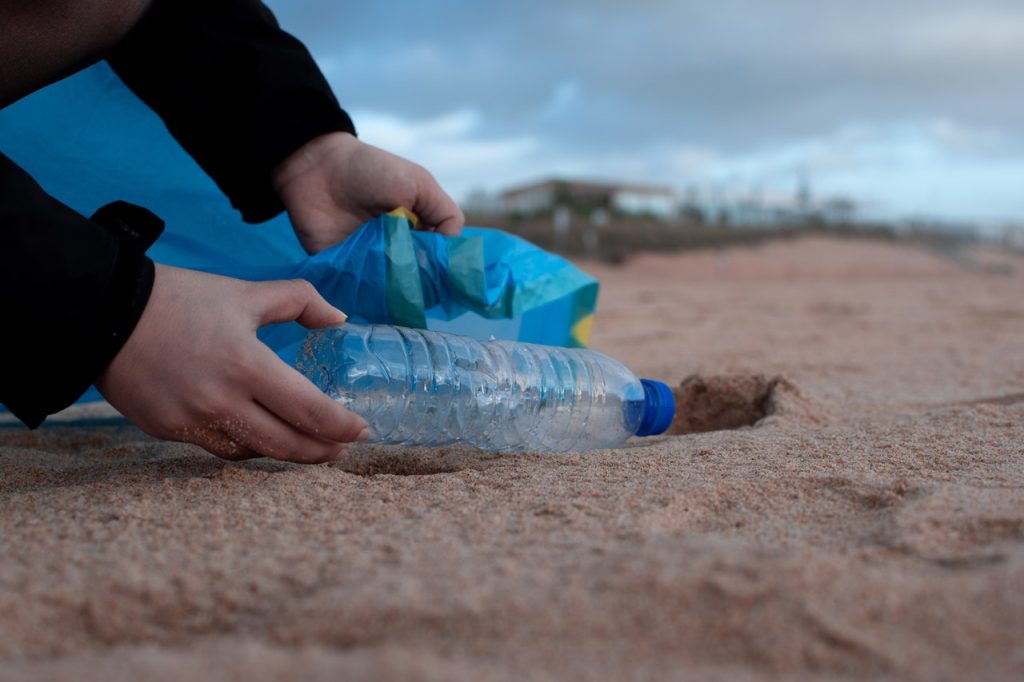How to become an ethical camper
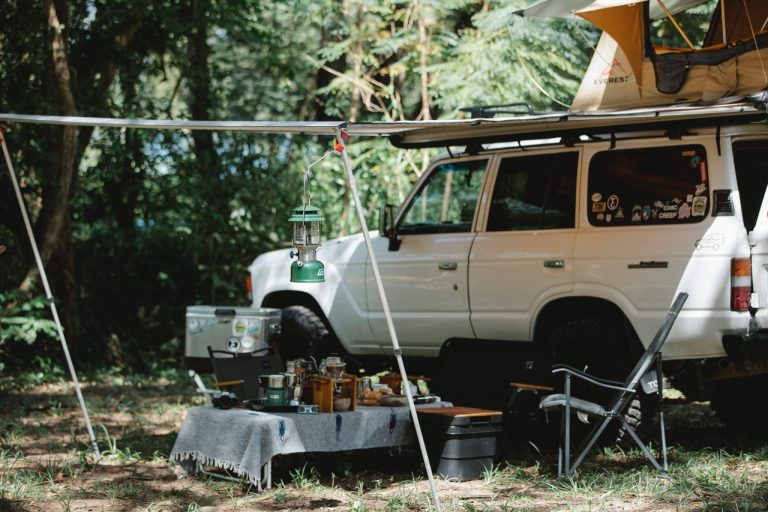



With over 600 national parks and many spectacular landscapes and seascapes, Australians have plenty of reasons to be ethical campers. Most of us have heard the term ‘leave no trace’ when it comes to camping, but being an ethical camper is more than just picking up your trash.
Well, I believe it’s the little things that count and if each and every one of us can make little but lasting changes, then hopefully our great wilderness areas will continue to be enjoyable not just for us, but for future generations as well.
Here are some top tips for becoming an ethical camper.
This should be a no-brainer but surprisingly, for some people it’s not. I have been to many a campsite only to see people wash both their dishes and themselves in the natural waterway.
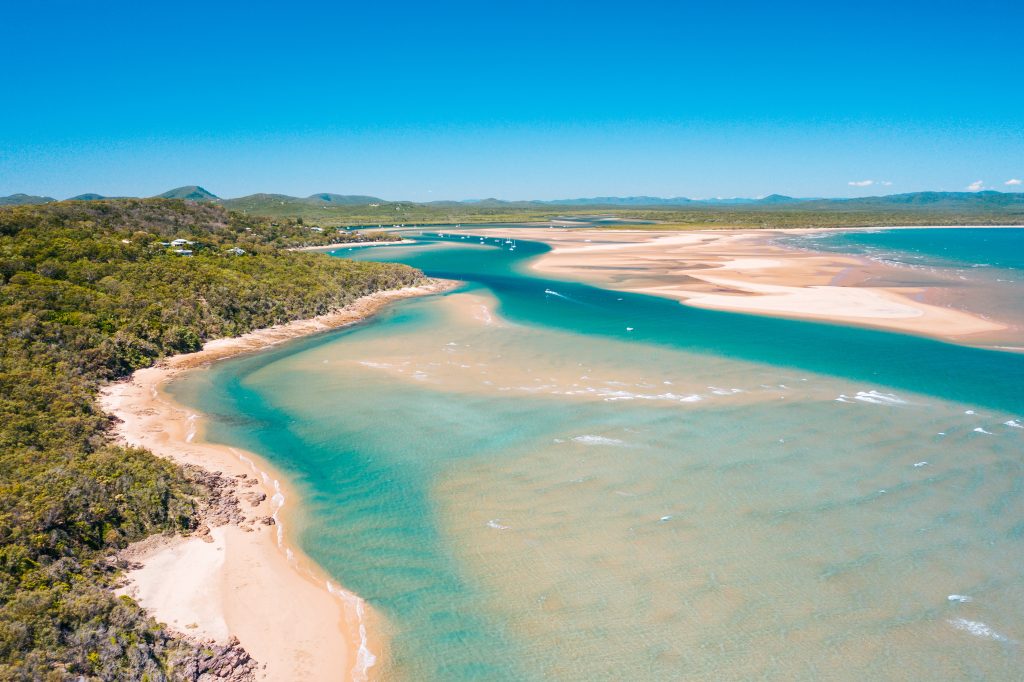
Although it’s fun to forge your own beaten path, you are not doing the plant life or wildlife any favours by tearing it up with your vehicle or feet.
There are two things to consider here, quality and manufacturing process.
Investing in high-quality gear contributes greatly to zero-waste camping. Good quality gear will last a really long time and there will be no need to continually replace it. Also, you won’t be tempted to leave it behind when it fails.
Last year, ABC drew attention to the beautiful Teewah Beach camping spot in Queensland after it became a dumping ground for camp gear. When a storm came through, many unprepared campers up and left their gear behind, leaving a trail of filth for others to clean up. Cheap gazebos are not your friend when the weather gets wild!
Let’s face it. Some companies are more ethical than others but just because a company makes a profit, does not mean they are not ethical. Kathmandu has been B Corp Certified since 2019, a certification with strict guidelines that ensure a business meets the highest global standard of both social and environmental performance, public transparency and legal accountability.
Many of you already do this at home but it takes a bit more effort when camping. Here are some tips for replacing single-use products when camping:
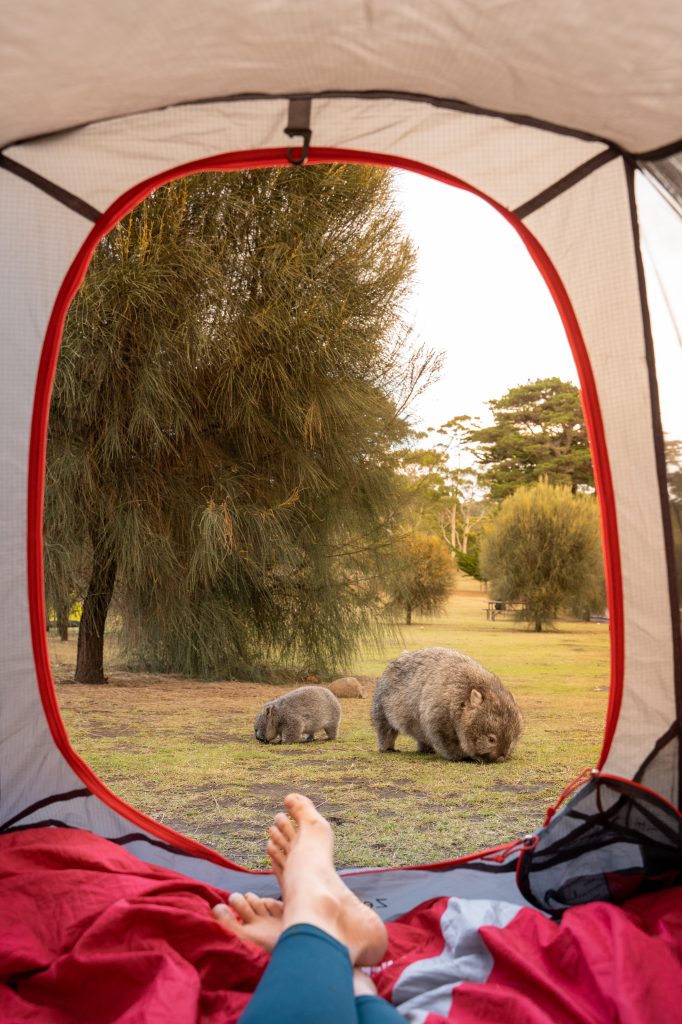
I know, I know they’re so cute! But if you keep feeding them it will disrupt the natural ecosystem, encourage animals to become reliant on humans and will most likely give the poor creature a belly ache. Just appreciate the wildlife as it should be … in the wild.
Many of us have rocked up at a campsite, only to discover toilet paper strewn around or worse, a freshly laid steamer that the previous camper didn’t even attempt to bury. Bluurggghh.
You can learn more about how to poo when there’s no loo on our sister site, Unsealed 4X4. However, if you have to do it the old fashioned way by DYO (digging your own) toilet, follow these simple rules:
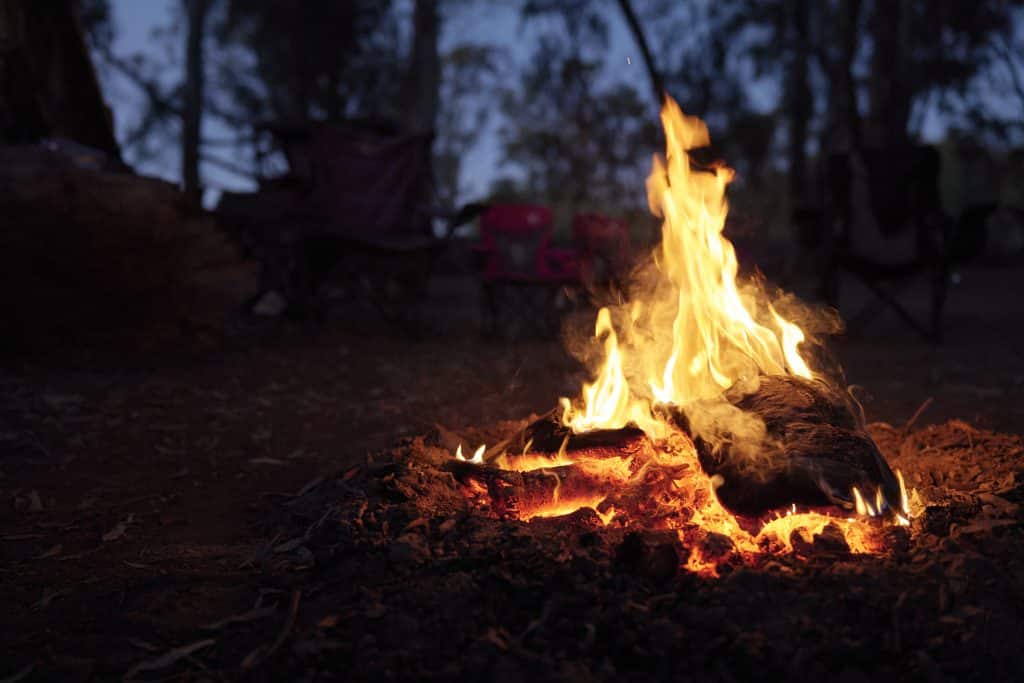
Remember the fires on K’Gari (Fraser Island) in 2021 that made global headlines when they burned through half of the beautiful World Heritage-listed island? Yep, it was started by an illegal campfire that was not extinguished properly.
Make sure to check out our article on lighting campfires responsibly, featuring some great tips from the Country Fire Authority Victoria (CFA).
Ditch the power and go solar. If you’re not ready to go completely off-grid, opt for solar accessories like solar-charged lighting, power packs and solar showers. It’s easier than you think!
If you’ve ditched single-use products, your rubbish will most likely be minimal anyway. But just in case, make sure to take all of your rubbish with you when you leave. Some people like to dump things in the fire pit but this isn’t nice for both the next camper or the wildlife that will scavenge through the campsite after you leave.
